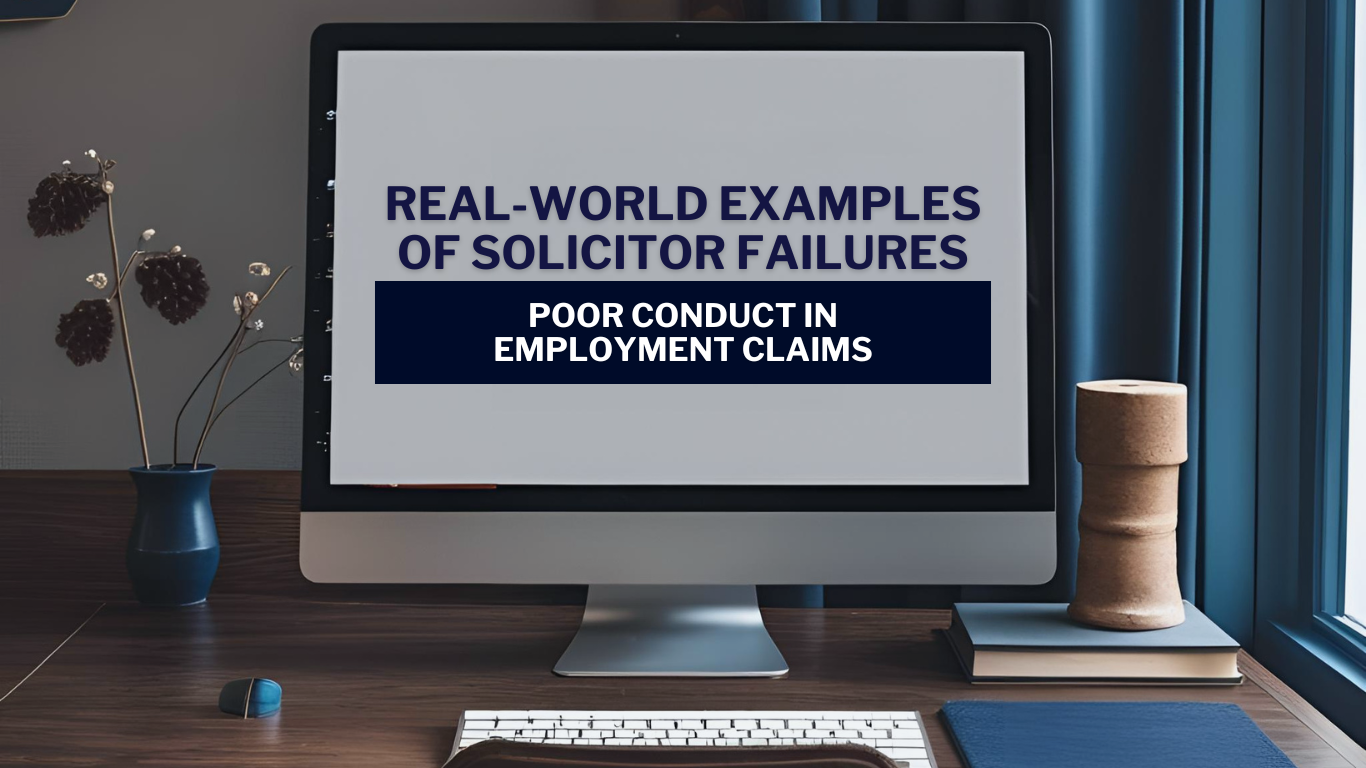By
•
min read


Demi Darbey and Jamie Lasaki
In today’s AI-driven landscape, data protection is more crucial than ever. Without quality data, the development of AI is hindered, and in the UK, businesses face the challenge of balancing the need to collect vast amounts of personal data for AI training with the principles set out in the UK GDPR. Individuals understandably want assurance that their personal information is safe from cyber threats. With the increasing reliance on AI and the common practice of sharing personal details such as full names, email addresses, and phone numbers, many people are left wondering: how is their data being used, and what exactly have they consented to?
As a business owner, understanding the intricacies of data protection laws in the UK is essential—not only for safeguarding your customers’ information but also for protecting your company’s reputation and ensuring compliance. Balancing data protection with business efficiency and the increasing use of AI is a growing concern. As regulations and guidance around AI and data protection continue to evolve, bodies like the Digital Regulation Cooperation Forum are emerging to oversee developments in this space.
Why Data Protection Matters
Data protection laws are designed to safeguard individuals by giving them greater control over their personal information and how it is used. For businesses, these regulations provide a framework to ensure customer data is handled responsibly and ethically.
The Law
In the UK, data protection is regulated by the Information Commissioner’s Office (ICO) in accordance with UK GDPR principles. These regulations aim to protect privacy rights by setting strict guidelines for how businesses handle, process, and manage data.
The UK GDPR and responsible AI principles share some similarities, though conflicts do arise:
Data Minimisation vs AI Training: One GDPR principle requires businesses to process only the minimum amount of data necessary and to retain it only as long as needed. AI, on the other hand, thrives on large and diverse datasets to avoid bias and achieve optimal performance. Retaining data over long periods is often necessary for monitoring and improving AI models. This inherent need for vast amounts of data contradicts the GDPR’s data minimisation requirement.
Data Retention vs AI Monitoring: GDPR mandates that personal data be held only as long as necessary. However, robust AI models often require data retention for monitoring and audit purposes, creating a tension between regulatory requirements and technological needs.
Lawful Basis vs Complexity of AI: Businesses must have a lawful basis for holding personal data, such as obtaining consent from individuals before collecting and processing their information. Explaining how complex AI algorithms interpret and use data can be challenging, making it difficult for businesses to secure informed consent or clearly explain the use of personal data.
Managing data security and transfers are other principles governed by the UK GDPR, which can present further challenges for businesses. In today’s digital landscape, many companies choose to outsource IT management to specialised third-party providers. While this can enhance operational efficiency, it is imperative that organisations maintain robust data security measures. The ICO provides examples of companies reprimanded for data breaches—including one instance where a cloud-based server breach affected over 8,000 individuals. Engaging third-party providers requires comprehensive contracts that clearly delineate responsibilities and security obligations. Regular reviews of these contracts are essential to ensure alignment with current laws and best practices.
Fines, Penalties, and More
Failure to comply with data protection laws or responsible AI practices can have significant consequences for businesses:
Fines and Penalties: The ICO can fine a company up to 4% of its annual worldwide turnover or £17.5 million, whichever is higher. These penalties are designed to be “effective, proportionate, and dissuasive.” Companies found non-compliant may face ongoing scrutiny and audits from regulators.
Infringement of Rights: Non-compliance can lead to the infringement of individuals’ rights, resulting in complaints and further regulatory action.
Legal Costs and Compensation Claims: Defending against claims or regulatory actions can lead to significant legal expenses. Individuals whose data rights have been violated may seek compensation for damages.
Ineligibility for Partnerships and Investment: Companies that fail to meet data protection or responsible AI standards may struggle to secure partnerships or investment. Such failures may also impact founders seeking to attract buyers for future exit proposals.
Erosion of Trust: Non-compliance can damage customer trust and harm a company’s reputation, leading to a loss of business and difficulties in attracting new clients.
Cyber-Attacks and Data Breaches: Inadequate security measures make companies vulnerable to cyber-attacks and data breaches, which can result in penalties, enforcement notices, and reputational damage.
Conclusion
In conclusion, while AI presents significant opportunities for innovation and business growth, navigating data protection laws is essential for long-term success. By understanding legal principles, adopting proactive compliance strategies, and mitigating risks, businesses can harness the power of AI responsibly. Striking the right balance between leveraging AI and protecting customer data will not only keep companies compliant but also foster trust, enhance reputation, and open doors for future growth.
Feb 2025
If you would like further advice on this or any other Data Protection matter, please contact our team directly below.
Get in touch